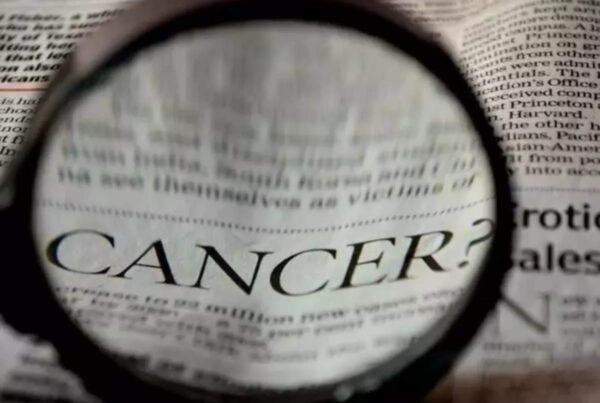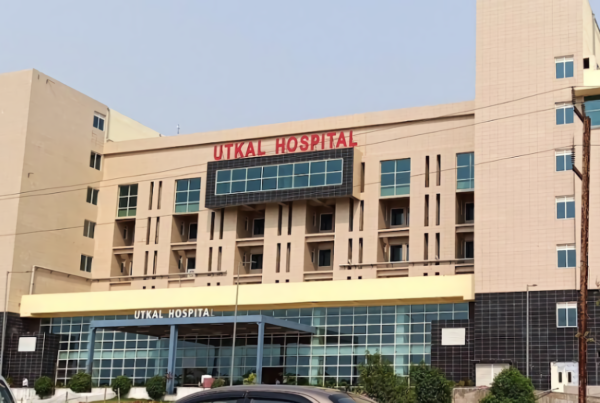To incorporate private health facilities into the Ayushman Bharat Digital Mission (ABDM), the central government has announced the creation of 100 microsites across India in a phased manner.
What is the Ayushman Bharat Digital Mission or ABDM? The ABDM, previously known as the National Digital Health Mission or NDHM, is an initiative by the National Health Authority to establish digital health systems that manage core digital health data and the infrastructure required for its seamless exchange. It seeks to create registries to create a single source for information regarding clinical establishments, healthcare professionals, health workers, drugs and pharmacies, across India. Among its many goals, the ABDM also aims to create a system of personal health records that is “based on individual’s informed consent.”
According to the ‘Operational Guidelines for Activating Microsites in the Country,’ a microsite is a focused region comprising all small-medium private facilities like clinics, hospitals, labs, etc. to include them in the ABDM ecosystem. Further, microsites digitize these healthcare providers to have them join the open digital health ecosystem.
A “successful microsite” will encourage all patients and physicians to “voluntarily engage” with ABDM. Specifically, it wants patients to generate ABHA accounts and operate, link and manage records on an ABDM-enabled Personal Health Record (PHR) application. Similarly, all private physicians and healthcare providers will also generate and demand digital health records in the long term.



